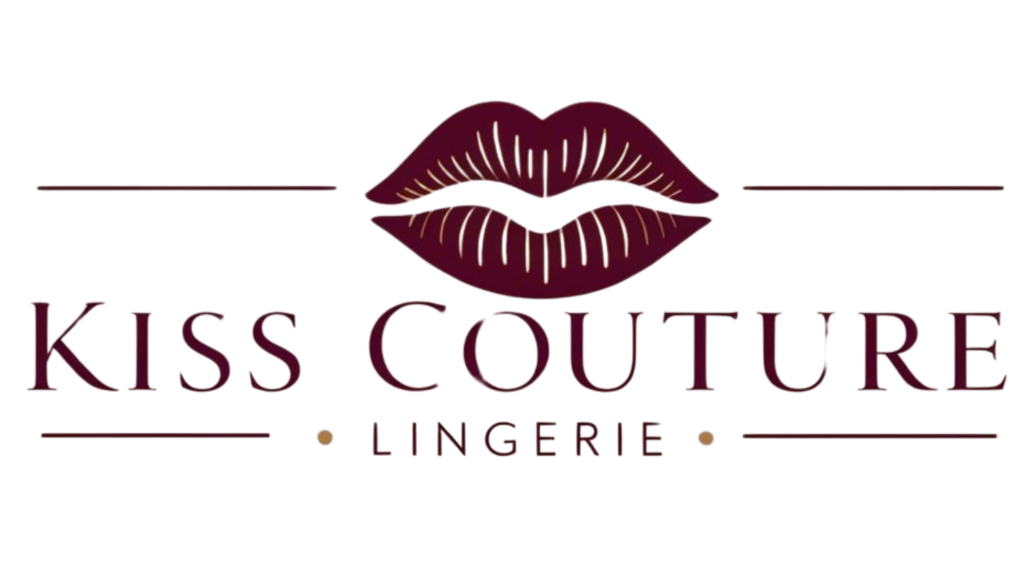Victoria’s Secret, once a powerhouse in the lingerie industry and a cultural icon, is now facing a forced sale as the brand grapples with declining popularity and controversies. The company’s owners have sold a majority stake to a private-equity firm for $794 million, marking a significant decrease in value for the once-thriving brand.
The brand’s decline has been attributed to its failure to adapt to the changing preferences of modern women, with critics pointing out that Victoria’s Secret has catered more to the desires of men than to women. The cancellation of the annual Victoria’s Secret Fashion Show and reports of a toxic work environment have further tarnished the brand’s reputation.
L Brands, the parent company of Victoria’s Secret, confirmed the sale to Sycamore Partners, signaling a new chapter for the iconic lingerie brand. Les Wexner, the founder of the parent company, will step down from his roles following the transaction, amidst scrutiny over his connections to Jeffrey Epstein.
To revitalize Victoria’s Secret, experts suggest that Sycamore will need to overhaul the brand’s corporate culture, revamp its fashion offerings, and modernize its stores. With competitors like Adore Me, ThirdLove, and Aerie gaining traction by focusing on inclusivity and comfort, Victoria’s Secret faces stiff competition in the evolving lingerie market.
Victoria’s Secret, founded in the late 1970s, enjoyed immense success under Wexner’s leadership in the 1980s and 1990s, captivating audiences with its glamorous runway shows and supermodels. However, the brand’s failure to keep pace with changing consumer preferences and market trends has led to a decline in sales and relevance in recent years.
In an era where women are seeking empowerment and body positivity, Victoria’s Secret’s emphasis on traditional beauty standards and overt sexuality has alienated many consumers. The need for more inclusive and comfortable lingerie options has driven customers towards brands that align with their values and preferences.
The sale of Victoria’s Secret marks a pivotal moment for the lingerie industry, highlighting the importance of adapting to the evolving demands of consumers. As the brand seeks to reinvent itself under new ownership, the key to success lies in embracing diversity, empowering women, and creating a more inclusive and forward-thinking brand image.
Despite its storied history and past successes, Victoria’s Secret now faces the challenge of reinventing itself in a rapidly changing market landscape. By addressing past missteps, embracing inclusivity, and prioritizing the needs and preferences of modern women, the brand has the opportunity to regain its relevance and appeal to a new generation of consumers.
📰 Related Articles
- Victoria’s Secret Website Shutdown Highlights Cybersecurity Threats
- Victoria’s Secret Set to Redefine Derby’s Fashion Landscape
- Stock Futures Rise Amid Victoria’s Secret, EchoStar Surges
- Youngest Military Cross Recipient’s Medals Sold at Auction
- World Business Forum Sydney 2024: Purpose-Driven Strategies for Success
📚Book Titles
- Stone Age Secrets: How Ancient Humans Used Plants as Medicine and Stimulants
- Living Like Thomas Shelby: Power, Elegance, and Ruthless Vision
- How AI Can Help Cure Cancer: Revolutionizing Early Detection and Personalized Treatment
- Global Dough Adventure: Unlock the Secrets of Pizza’s Hidden Gems and Gourmet Delights!






